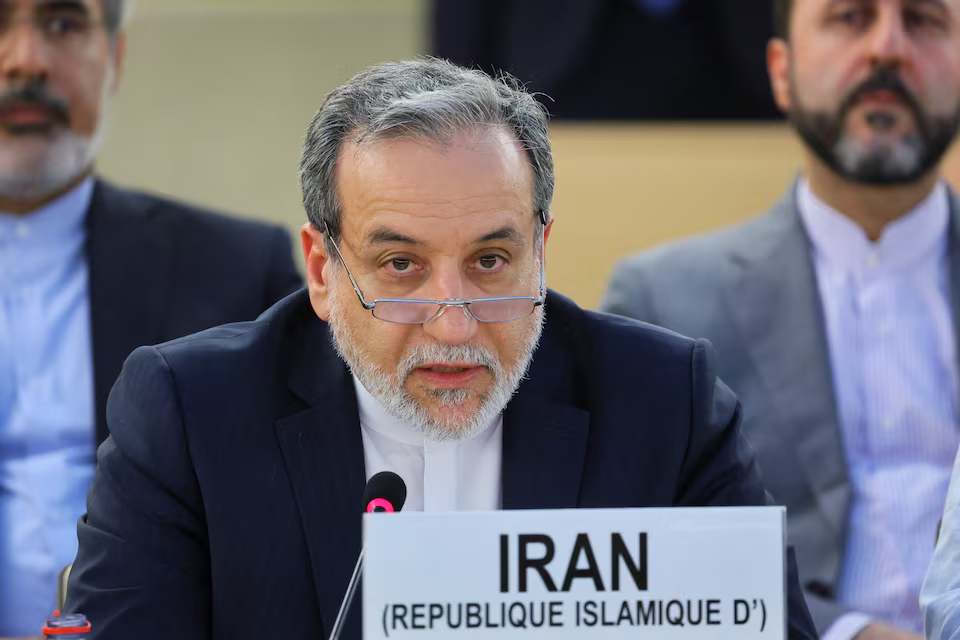Earlier this week, a fresh diplomatic spat broke out at the United Nations Human Rights Council (UNHRC), as Israel accused the body of seriously discrediting itself after Iran, a country under years of serious scrutiny for human rights violations, was given the floor in key sessions.
The move drew wide condemnation from the Israeli diplomats and their allies who say that the decision to allow Iran’s delegation, who had not even been in the country as it had cheated concerning reporting since being elected to the council, to speak is both hypocritical, and would ultimately debase the integrity of the global human rights body.
The Israeli Ambassador to the UN in Geneva, Meirav Eilon Shahar, offered a scathing response:
“Providing a platform in the Human Rights Council for Iran, the world’s leading state sponsor of terrorism and a serial abuser of human rights, presents a moral contradiction. The Human Rights Council is intended to protect victims of rights violations, not provide a platform for their oppressors.”
Israel’s complaint comes in the wake of a vehement debate on Iran’s human rights record, in particular, its violent response to the protests that followed the death of Mahsa Amini in 2022 and continuing dehumanization of women, minorities, and political dissidents.
The Iranian delegation took the floor in the general debate, which focused on “promotion and protection of human rights around the world.” Their statement addressed the usual, condemning Western countries for their “double standards” or for “politicizing” human rights.
In an unusual twist, Iranian representatives also aimed at Israel, calling its actions in Gaza and the West Bank “apartheid policies.” The Israeli delegation walked out in protest, along with several allies, including the United States and Germany.
This isn’t the first time UNHRC has experienced controversial member country participation. Nations like China, Venezuela, and Russia have held seats alongside members that similarly faced international condemnation for human rights abuses.
Critics say this weakens the Council’s credibility by allowing these regimes to participate and lead debates.
In response to the backlash, officials working for UNHRC maintained that all states, even those with appalling human rights records, were entitled to speak during general debates in the UN forum. In a separate speech, the Council’s president, Ambassador Omar Zniber of Morocco, reaffirmed that all states should engage in dialogue and diplomacy rather than boycotts.
The global community is firmly split.
- The United States State Department expressed “serious concerns” regarding Iran’s platforming and called it a “dangerous precedent.”
- Russia and China defended Iran’s rights to speak and accused Western nations of “weaponizing” human rights by applying a political instrument.
- France and Canada, in solidarity with Israel, spoke out in shock and pointed out that such decisions erode confidence in the UN system in general.
Israel has hinted that it may reconsider its engagement with specific UNHRC sessions if the council “depends on avoiding basic moral clarity.” Israeli officials have also called for reforms related to habitual human rights abusers not being allowed to speak in specific debates unless they have shown a commitment to addressing the situation domestically.
This unfolding episode illustrates an ongoing tension between universal representation (of every state in the world) and moral responsibility (being held accountable for human rights violations) when it comes to international organizations. The recent Iranian seat at the UNHRC, for some observers, simply demonstrates how quickly principles and values can be the casualties of politics.
Analysts are already warning that if there is no progress towards reform, the world’s leading human rights body runs the risk of being a “theatre of abusers as opposed to a court for victims.”
Keep reading questeuro

More Stories
Russia’s Economy on the brink of going into recession: Economic Minister
Europe’s Rate Game Turns Fluid Again: Central Bankers Monitor Global Shifts from Tel Aviv to Washington
Spain’s Government Points Finger at Grid Operator and Private Firms Over Massive Iberian Blackout